Look at Yourself and Start to Live Again
11 tips to cope with anxiety about getting "back to normal"
Easing of restrictions has allowed us to get back to the people and things we love, but it's OK if adjusting has brought challenges too. You might be worried about the pace of the changes or what the future may bring.
It's important to be patient with yourself and with your feelings. The coronavirus (COVID-19) outbreak has been hard for us all, and we have all experienced the effects differently, including those of us who have been shielding.
Even positive change can lead to anxiety, and it can take time to readjust to things we have not done for a while.
Feelings of anxiety are likely to pass with time as we get used to the "new normal" but it's important to do what we can to take care of our mental health.
There are lots of things that can help you to manage these feelings and make it easier to adjust.
Here are our top tips for taking care of your mental health now that things have changed.
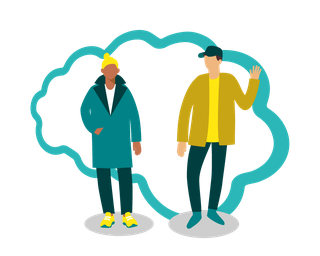
1. Go at your own pace
It might be tempting to make lots of plans and say yes to everything now that restrictions have lifted, but there's no need to rush.
Take it step by step, and only do what is comfortable and safe for you to ease back into socialising – then you can build your time back up as your confidence returns.
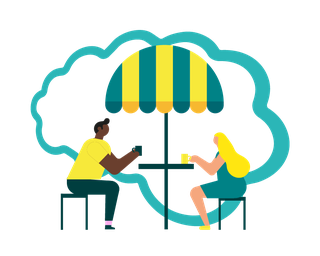
2. Do not avoid things entirely
Avoiding the things that make us anxious can sometimes feel like the easier option in the short term, but this can make it harder to start facing our fears in the longer term.
Instead, try to set yourself small but manageable targets. Start with activities that are important to you and feel achievable – like meeting close friends and family for a coffee or snack outside – and gradually build up from there.
It can help to confide in a friend or family member so they can support you to overcome your anxieties.
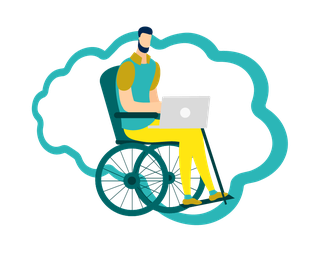
3. Get your information from the right sources
Lots of conflicting and confusing information about COVID-19 can make it harder to know what to do or believe.
If you are finding news and information about COVID-19 overwhelming or worrying, try to limit how much you consume. Stick to trusted sources like GOV.UK and the NHS COVID-19 pages for the most up-to-date information.
GOV.UK: how to stay safe and help prevent the spread
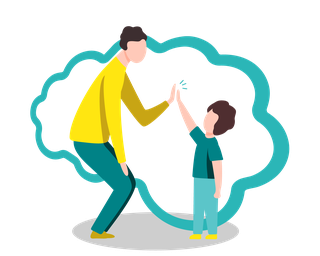
4. Discuss any changes with others
Before socialising with others, talk about the situation with them to make sure everybody is on the same page about what feels comfortable.
If you live with other people, it's a good idea to talk to them about changes to restrictions as well. Being aware of everybody's fears and expectations can help to avoid conflict.
If the changes to restrictions have put pressure on your family, help for parents is available.
Young Minds: For parents
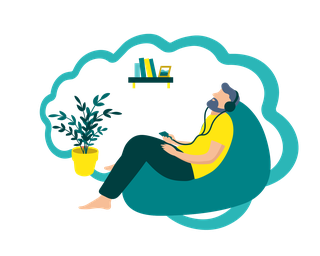
5. Make time to relax
Being able to see more of our friends and family and visit places is exciting. But it can also be a lot to take in all at once, so it's important to find regular time for yourself to relax too.
Many people find it helpful to spend time outside. Whether it's gardening or taking a walk in a local park, being in green space can help to lift your mood and relieve stress.
Video: Progressive muscle relaxation
This audio-only video will guide you through an exercise to help you recognise when you're starting to get tense, and how to relax your body and mind.
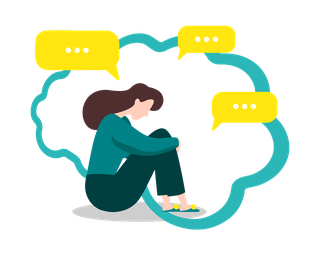
6. Challenge unhelpful thoughts
It's natural to feel worried every now and again, but our anxious thoughts can sometimes be unhelpful.
If you can learn to identify and separate unhelpful thoughts from helpful ones, you can find a different way to look at the situation. Watch our video to find out more.
Video: Reframing unhelpful thoughts
This short video will give you some practical tips on how to challenge your thoughts and start to break unhelpful cycles.

7. Tell someone how you feel
It's easy to feel isolated or lonely when we're struggling. However, chances are that someone we know feels exactly how we do too.
Opening up to a person we trust can be really helpful, whether it's a friend or family member, a GP or an organisation's helpline or online forum.
If you are not ready to start socialising but are feeling lonely, there's plenty of support out there, like the Let's Talk Loneliness Campaign, and people you can speak to at any time.
NHS-recommended helplines
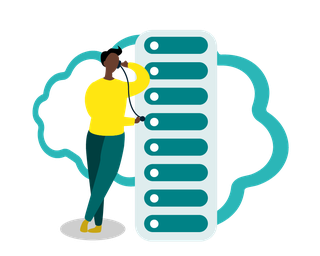
8. Plan social occasions
Uncertainty can be hard to manage but making plans can help you avoid this. Preparing for any challenges ahead of time can help us to feel more comfortable and confident in what we're doing.
That "plan" can be as simple as knowing what time an event will start and finish, and how many people are likely to be there.
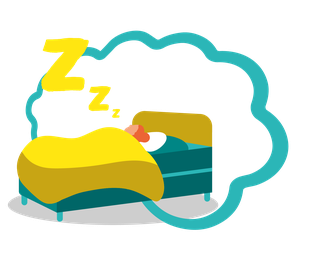
9. Find routine where you can
During the periods of lockdown and greater restrictions, life changed for us all and we developed new routines. Even if your normal weekday or weekend habits have now changed again, some things can stay the same.
Are there areas in your life where it's easier to stick to a routine? Something as simple as going to bed and waking up at the same time each day or making sure to stick to your set lunch break can make a big difference.
Video: Tips for sleeping better
Get simple tips for improving how you sleep with our video.
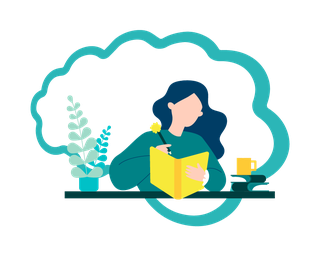
10. Write down your thoughts
If you're feeling worried or upset it can be helpful to explore your feelings by keeping a diary or journal.
This can also be a great way to track your mood over time and remind yourself of the progress you have made. As your confidence begins to grow, you can look back over your entries to see how far you have come.
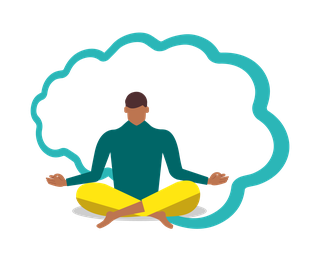
11. Focus on the present
When there is lots of change happening, we can get caught up in worrying about the future and the past.
Instead, try to shift your focus to the present – make plans but try not to dwell on "what ifs" or what was "supposed" to happen.
Relaxation, mindfulness or getting outside and enjoying nature are all good ways to help you focus on the present.
Video: Mindful breathing
Mindfulness and meditation help you to be in the present. The mindful breathing exercise in this video can help you feel more calm.
Further support and advice
hebblethwaitemusinare.blogspot.com
Source: https://www.nhs.uk/every-mind-matters/coronavirus/tips-to-cope-with-anxiety-lockdown-lifting/